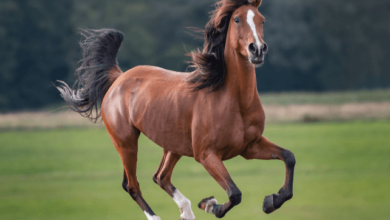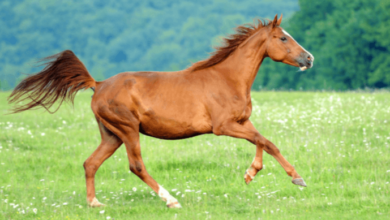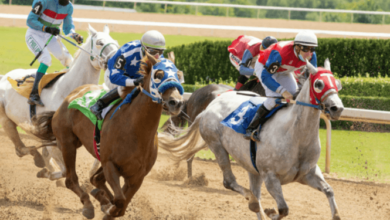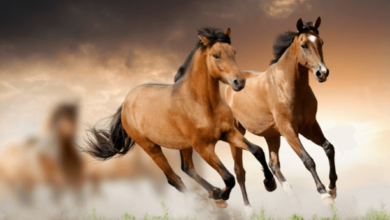How many hours do you spend training your horse each week for racing?
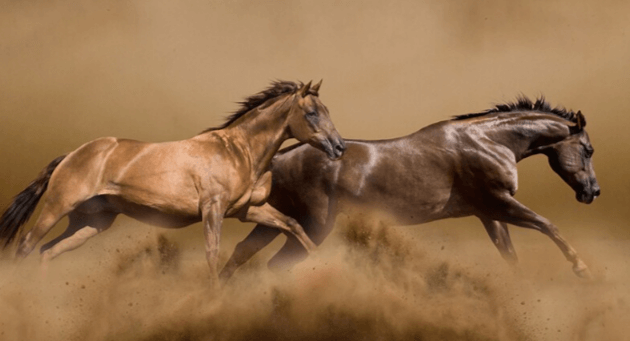
Introduction
Training a racehorse is an intricate process that requires a well-planned schedule to ensure the horse achieves peak performance without risking its health. Understanding the ideal number of hours to spend training your horse each week is crucial for any racehorse owner or trainer. In this guide, we’ll explore the various factors that influence training hours, provide a sample training schedule, and share expert tips for maximizing your horse’s racing potential.
Factors Influencing Training Hours
When determining the number of training hours, several key factors must be considered:
- Age and Experience: Young and inexperienced horses require different training regimens compared to older, seasoned racehorses.
- Physical Condition: The current health and fitness levels of the horse play a significant role in determining training intensity and duration.
- Training Goals: The objectives, whether it’s building stamina, increasing speed, or preparing for a specific type of race, affect the training schedule.
- Type of Race: Different races, such as sprints or long-distance races, demand varied training approaches.
Weekly Training Schedule for Racehorses
A well-rounded training schedule ensures that the horse develops speed, stamina, and agility while avoiding overtraining. Here’s a sample weekly training plan:
- Day 1: Light Exercise: Gentle trotting and cantering to keep the horse active.
- Day 2: Speed Work: Short bursts of high-speed galloping to improve quickness.
- Day 3: Rest or Recovery Work: Allowing the horse to rest or engage in low-intensity activities.
- Day 4: Endurance Training: Long-distance galloping to build cardiovascular health and stamina.
- Day 5: Light Exercise: A mix of walking, trotting, and cantering.
- Day 6: Skill Drills: Practicing specific racing techniques and maneuvers.
- Day 7: Rest Day: Complete rest to ensure the horse recovers fully.
Cross-Training for Enhanced Performance
Incorporating cross-training activities such as swimming, trail riding, and dressage can benefit the horse by working different muscle groups and preventing boredom. These activities provide variety and can help in building overall strength and agility.
Monitoring Training Intensity
Regularly assessing the horse’s response to training is essential. Look for signs of fatigue, stress, or overtraining and adjust the training intensity and duration accordingly. This ensures the horse remains healthy and avoids injury.
Expert Tips for Optimizing Training Hours
- Consistency: Maintaining a consistent training schedule is more effective than sporadic, intense workouts.
- Adequate Rest: Ensuring the horse has sufficient rest is crucial for recovery and peak performance.
- Individualized Plans: Tailor the training schedule to meet the specific needs of each horse.
- Balanced Nutrition: Proper diet and hydration support the horse’s training and recovery.
Common Mistakes in Training
- Overtraining: Excessive training can lead to injuries and decreased performance.
- Ignoring Rest: Insufficient rest can cause physical and mental fatigue.
- Lack of Variety: Repetitive routines can reduce the horse’s engagement and enthusiasm.
Training Techniques for Different Racing Types
- Sprint Races: Focus on speed training and quick acceleration drills.
- Endurance Races: Emphasize long-distance galloping to build stamina.
- Obstacle Races: Include agility training and practice navigating obstacles.
Balancing Training and Rest
Striking the right balance between training and rest is essential for maintaining a horse’s health and performance. Too much training without adequate rest can lead to burnout and injuries.
The Role of Trainers and Handlers
Experienced trainers and handlers are key to developing effective training schedules and ensuring the horse’s well-being. Their knowledge and expertise significantly influence the horse’s racing success.
Understanding Your Horse’s Limits
Every horse has unique physical limits. Recognizing and respecting these limits is crucial to prevent overtraining and injuries, ensuring long-term success.
The Importance of Veterinary Checks
Regular veterinary checks are vital for monitoring the horse’s health, identifying any potential issues early, and adjusting the training schedule accordingly.
Training Equipment and Facilities
Using appropriate training equipment and facilities enhances the effectiveness of training sessions. Quality tracks, stables, and tools are essential for optimal training.
Seasonal Training Adjustments
Training schedules should be adjusted based on seasonal changes, weather conditions, and upcoming race schedules to ensure the horse remains in top condition.
Mental Conditioning for Racehorses
Mental conditioning is as important as physical training. Exposure to various environments and stress management techniques can help prepare the horse for the pressures of racing.
Incorporating Feedback and Data
Using data from training sessions to fine-tune the schedule and strategies can significantly improve the horse’s performance and training efficiency.
Conclusion
Training a racehorse involves a strategic blend of time, effort, and planning. While the exact number of hours spent training each week varies, the focus should be on creating a balanced, individualized training regimen that prioritizes the horse’s health and performance. By understanding the factors influencing training hours and incorporating expert insights, you can optimize your horse’s training for racing success.
FAQs
How many hours a week should I train my horse for racing? The hours vary depending on the horse’s age, fitness, and specific training goals. A balanced approach with a mix of light and intensive workouts, including rest days, is ideal.
What are the signs of overtraining in a racehorse? Signs include fatigue, reduced performance, behavioral changes, and increased risk of injuries.
Can I train my horse every day? While regular training is important, incorporating rest days is crucial to prevent overtraining and ensure proper recovery.
How can I improve my horse’s speed? Incorporate speed training sessions with high-speed galloping and ensure the horse has proper nutrition and recovery time.
What role does nutrition play in horse training? Proper nutrition provides the necessary energy and nutrients for the horse’s performance and recovery, supporting overall training efforts.
How can I keep my horse motivated during training? Introducing variety in training routines, using positive reinforcement, and maintaining a stimulating environment can keep your horse engaged and motivated.



